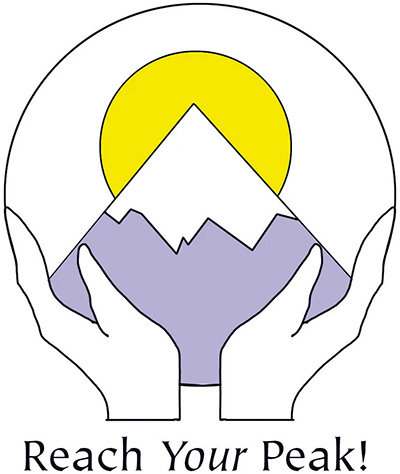Adapted from: Wrestling Through Adversity
With the change to daylight-savings time and with the start of the baseball season in March, we begin to make plans for summer camp for our children, especially those who will have their first lived experience there and do not know what to expect. However, because of neurodiversity, the challenges are compounded for children and teens who are on the autism spectrum, which may preclude parents even considering sending them off with confidence to sleepaway summer camp that may, with adequate preparation, turn out to be the best adventure of their lives, if planned well.
Benefits of attending summer camp
There are many benefits to attending overnight summer camp that include social skill development, building skills for independence, making new friends, having a sense of belonging, and forging new interests, like swimming, horseback riding, or other sports you may not have considered before that build confidence and hand-eye coordination. One mother compared her son’s experience of running, playing games, and swimming to spending time at occupational therapy for eight hours a day to improve his gross motor skills, with the advantage of having fun without him knowing about having to work on his strength.
Planning a to-do list for summer camp
Preparation is key to your child’s positive and successful camp experience. It is recommended that parents include the following plans of action, such as:
- Researching and choosing an appropriate camp that caters to your child’s special needs with neurodiversity
- Visiting the camp beforehand
- Developing a visual schedule for your child
- Training to improve social skills
- Establishing a communication plan
- Creating a behavioral plan to self-calm that addresses anxiety and emotionality
- Fostering independence in activities of daily living
- Practicing camp activities beforehand
- Emphasizing the positive aspects of camp such as having fun
How to prep your child for maximum camp enjoyment
Here is an example of how a mother reached out to me, a peak performance coach, to quell her fears and to assist her with holistic preparation for a summer camp adventure for her son.
As a teenager, Carlton at 13, wanted to have the freedom to attend a sleepaway summer camp. What made it challenging for him was that he was on the autism spectrum, and he had never been on his own away from his parents. His mother believed that this experience would be good for him and that he was ready for it. What she wanted for him was to adjust to the camping experience in body, mind, and spirit, gain independence, and make new friends who were like him in thinking and feeling.
However, she knew that Carlton needed guidance from a professional, like me, who is an “imagineer,” to create a positive mindset because he was anxious and did not feel confident that he could accomplish his goals. Carlton was a good listener, one-on-one, and followed directions well. During the nine, one-hour sessions where I taught him “Mindful Toughness® skillsets, he started learning the principles of self-hypnosis by practicing Breathing Easy, along with progressive muscle relaxation so he could calm down and trigger relaxation at camp when needed. In addition, we practiced mental rehearsal in his imagination of what his routine would be at camp, such as the activities of daily living that he would do on his own.
We made a list of things he needed to take to the shower for bathing, such as soap and a towel, and his toothbrush and toothpaste for dental hygiene. In his mind’s eye, as if he were attending camp, he performed basic activities, like swimming and eating in the dining room. In addition, we practiced dialogue he could use to make new friends, that is, how to introduce himself to others and how to set up a conversation.
Carlton imagined that he was in his cottage with others in the evening and was settling in with his positive mindset to cancel out negative words and pictures and to substitute positive ones with his self-talk. I completed the last session with a CD recording that his mom put on his phone that he could take with him to camp with the familiar sound of my voice and music that was supportive of him, and I instructed him to listen to it daily. By now, Carlton had already turned his anxiety psycho-dynamically into positive action and was excited in spirit to go to summer camp, with the feeling of confidence that he could accomplish his goals and have a good time.
After completion of our sessions, his mother felt more at ease as well, knowing that the more Carlton mentally rehearsed, listened to the recording, and built a visual schedule, the more familiar the camp experience would be for him before arrival.
A win-win for everyone
The positive consequence of Carlton’s efforts was optimized in that he had a successful camp experience by:
- Gaining independence
- Transcending perceived limitations in society of being on the autism spectrum
- Using the innate power of his own mind, located throughout his physical body, rather than merely in his brain that is in his skull
- Developing his imagination that corresponds to an immense growth of the teen brain and its capabilities into adulthood
- Practicing mental rehearsal in the comfort of his own home as if he were at camp, while imagining he was there
- Forging new interests, such as swimming while getting exercise and improving coordination and balance
- Learning how to follow instructions for new routines and build a visual schedule
- Building social and communication skills to connect with others
- Learning how to use self-hypnosis and Mindfulness Toughness® skillsets that are portable to other situations, such as in school, sports, and life
- Practicing how to self-calm and to be resilient if something goes wrong
- Learning how to find his own voice to speak up for himself


0 Comments